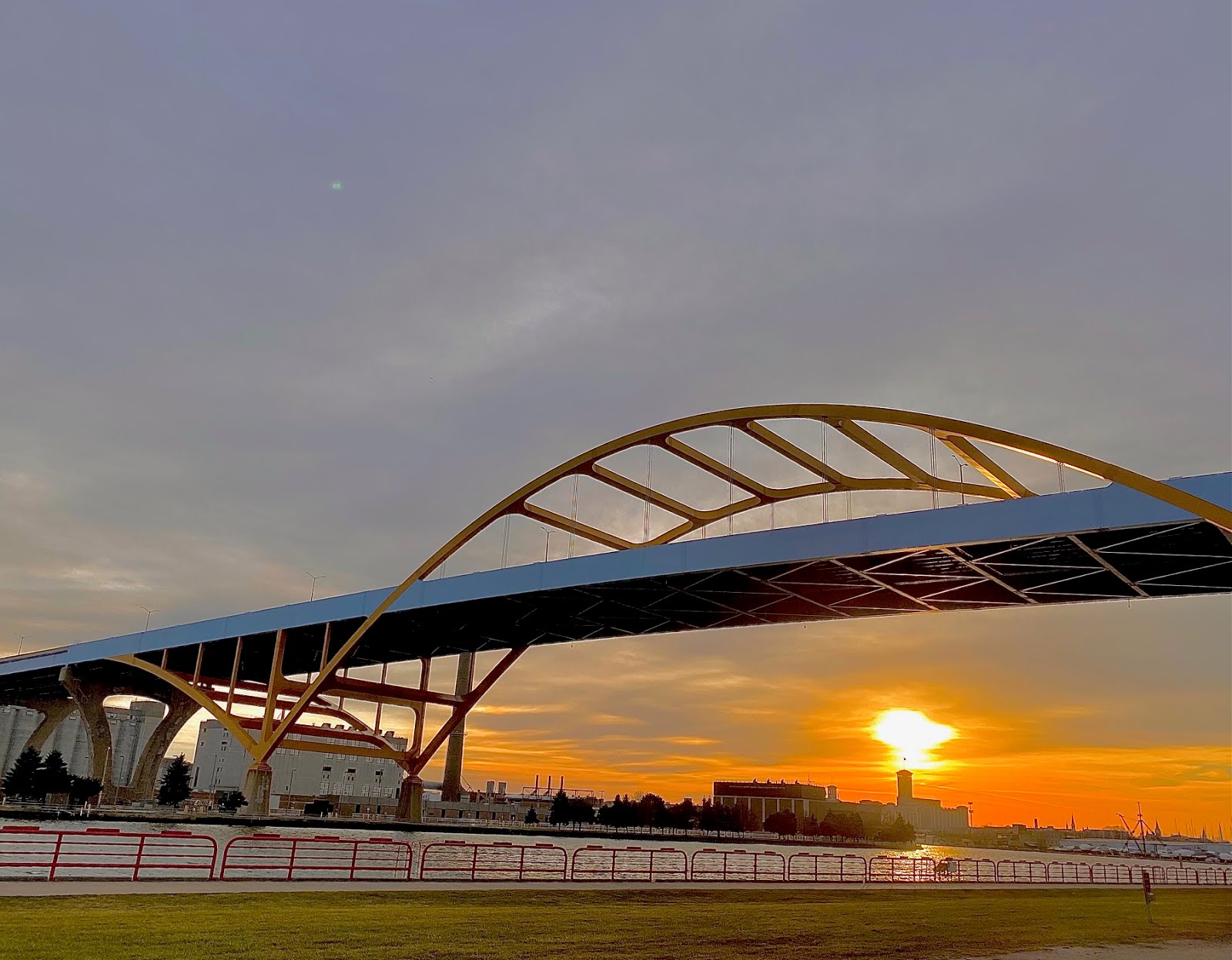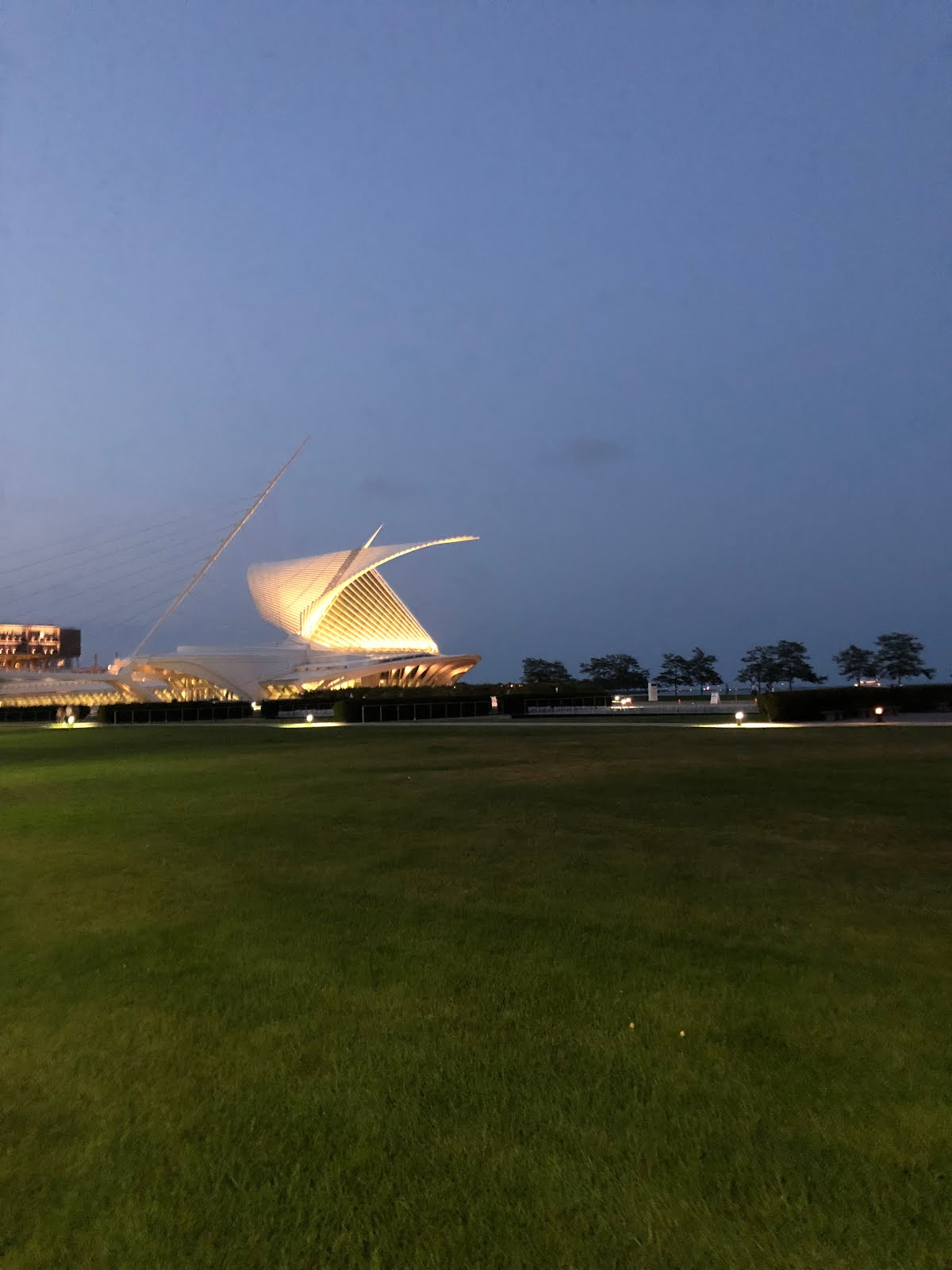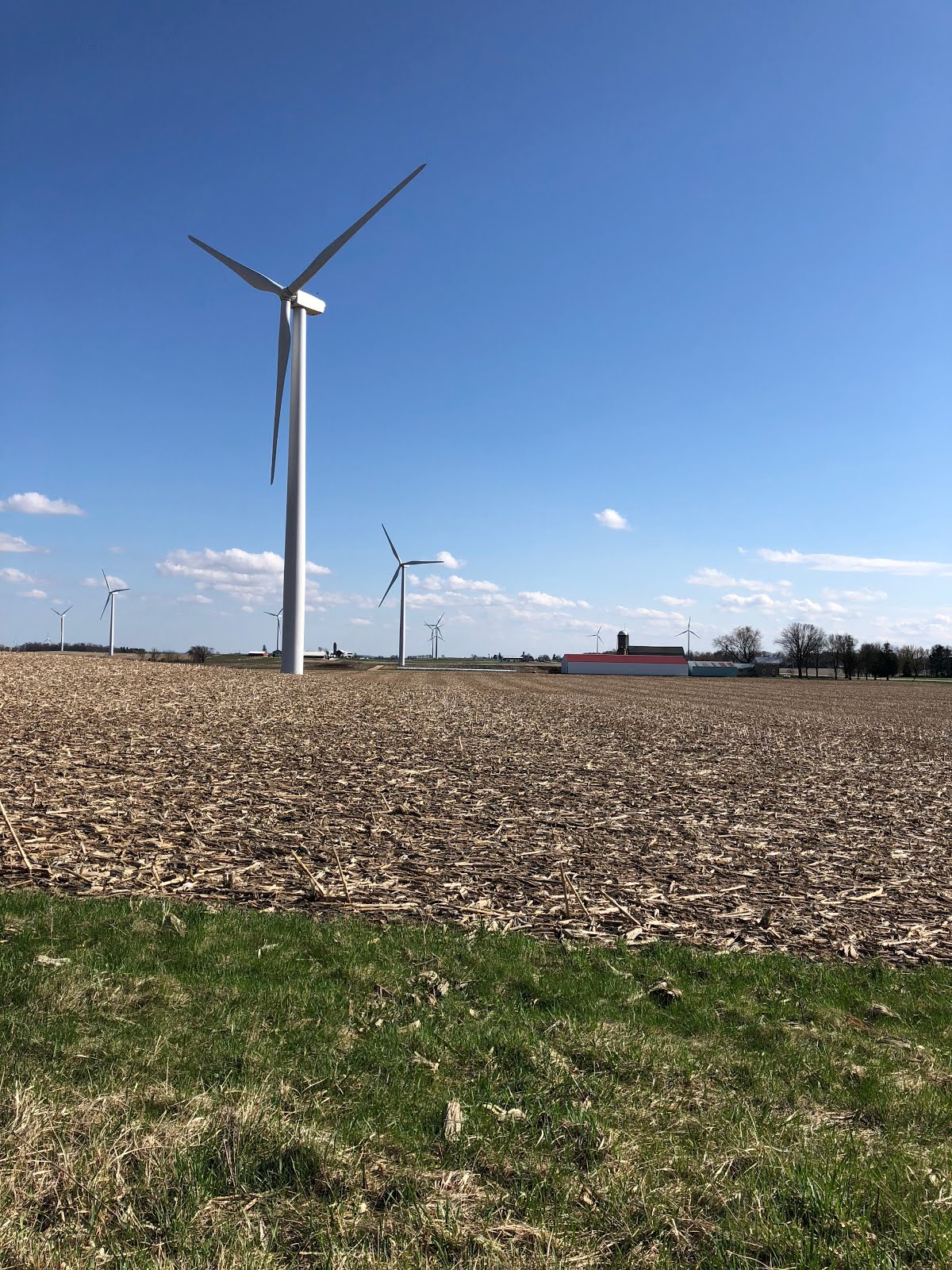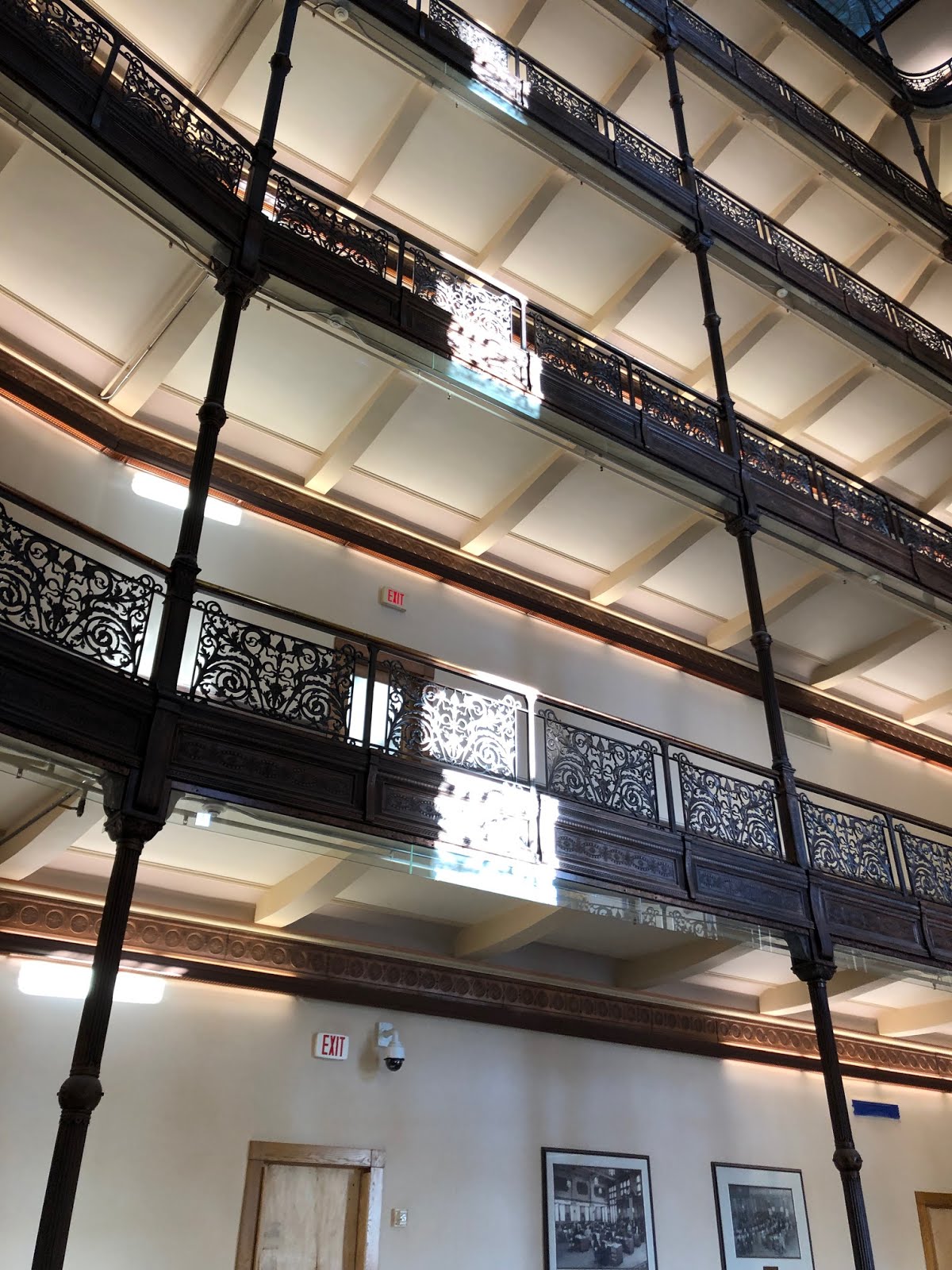Thinking Globally, Forgetting Locally
More attention is needed by policy-makers to combat global warming and its many ramifications, says the Milwaukee Journal Sentinel in a Sunday editorial.
I completely agree.
But the same editorial board has also endorsed policies that either contribute to air pollution and greenhouse gas emissions or fail to assertively address them.
The paper is on record urging eased anti-smog federal regulations in southeastern Wisconsin, and supports adding a traffic lane to I-94 between Milwaukee and the Illinois line, despite little evidence that there is congestion in that corridor that needs $200 million more concrete.
And is adding a lane right in the heart of what federal regulators say is already a dirty air zone the right way to reduce air pollution - - especially since the feds announced a few weeks ago that, nationally, areas precisely like those in southeastern Wisconsin and along Lake Michigan with smoggy air are going to have to meet tougher standards in the future?
At the local level, should we induce traffic to clean the air?
With the global picture in mind, should we encourage traffic to reduce greenhouse gas emissions?
Yes, the paper has called for much-needed commuter rail along the corridor, but when the regional freeway reconstruction and expansion plan was approved in 2003 - - including the I-94 Milwaukee-to-Illinois segment - - no rail or bus additions or initiatives were included.
Southeastern Wisconsin needs more transit, and it needs cleaner air, too - - twin goals, both worthy and linked.
We're constantly told that highway expansion is the key to economic development, when, in fact, rail lines stimulate economic growth, too, from housing to retail to the long-term, well-paying jobs that keep the trains running and serviced.
Smog, unhealthy air and non-existent transit systems, on the other hand, are economic turnoffs - - for potential tourists, business relocations, incoming students and all the people who already live and work here.
Climate change is a tremendously complex set of issues, and certainly difficult to effect globally from one medium-sized city in the US Midwest.
But real opportunities to make a difference do exist in our own backyard - - and are within our grasp - - but we need much more visionary public officials, with editorial boards pushing them, to get the right things done.









4 comments:
Over 31,000 scientist have expressed doubt about man-made global warming, so there is no consensus. When are you going to do a blog accepting that we should have a serious debate about this. However, global warming policy is not really about the saving the earth no is it. It is about wealth redistribution and limiting people's independence, which is what any global warming legistlation would do and you know it.
In a liberal dream work, we would all live in big urban complexes and be totally dependent on public transportation.
Oh and by the way, the journal editorial board is a JOKE. They are a bunch of liberals, who get around that label by calling themselves progressives (a name change does not change who you really are). Nobody pays one bit of attention to them. I read them to get a good laugh in the morning. Then I line my bird cage with their editorial page.
You should create your own blog and not rely on people like me to put up your comments.
Your understanding of urbanism is the joke, I'm afraid: cities offer choices. Milwaukee, without rail, does not - - though its choices have been limited by outside county, regional and state government decisions on rail and land-use - - and these limits undercut what cities are all about.
And Milwaukee loses investment, residents, creativity, development, and status without rail and land-use controls, so it's a negative spiral imposed on the city.
The Journal editorial board is middle-of-the-road, neither liberal or conservative in a doctrainaire sense. and has been since the 1995 merger.
I think people do pay attention to the board: clearly, you do by reading it.
I would add that Madison, the Wisconsin River Valley, West Central Wisconsin and the 1-94 corridor over to the Twin Cities would benefit--economically, environmentally, and from a transporation perspective--from rail lines. Maybe this part of the state has net yet matched Milwaukee on smog, but we can always begin to work in the right direction.
Also, we need more than just editorial boards pushing our elected officials (however, I do recognize that this was the point of your post). Citizens need to begin to realize the benefits that rail travel could bring the state, and the region. This should really be a issue that we think about on a regional--Midwest--scale, if not a national scale. However, it does all begin locally.
Keep up the good work James.
To CB:
You are right. And there is a pending Midwest high-speed rail plan that would completely upgrade and expand Amtrak.
It would require a few weeks of Iraq war-level funding to build.
Imagine...
Post a Comment